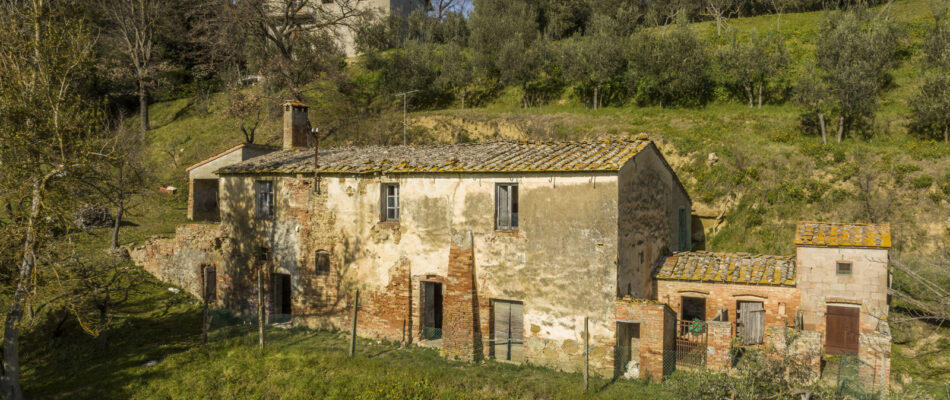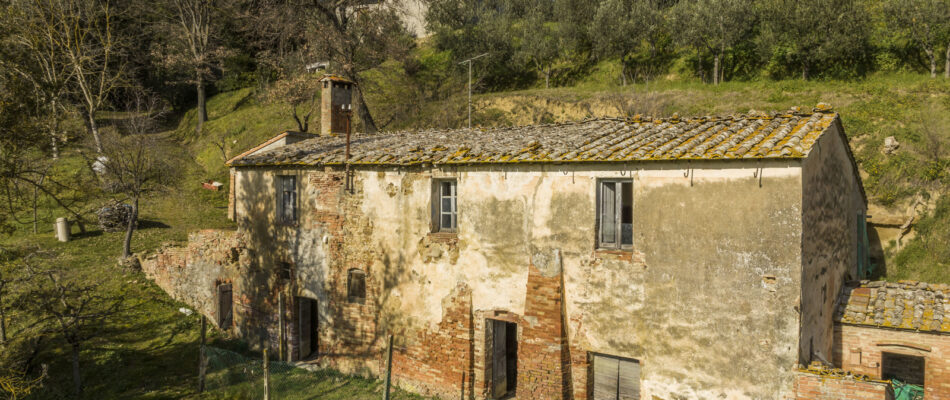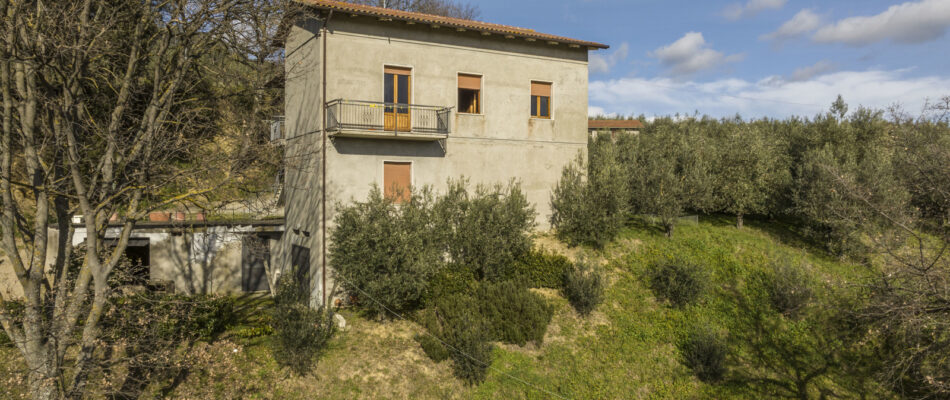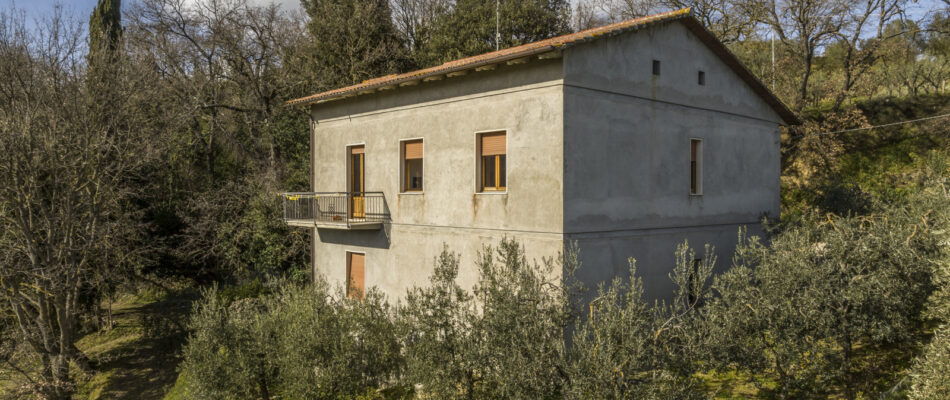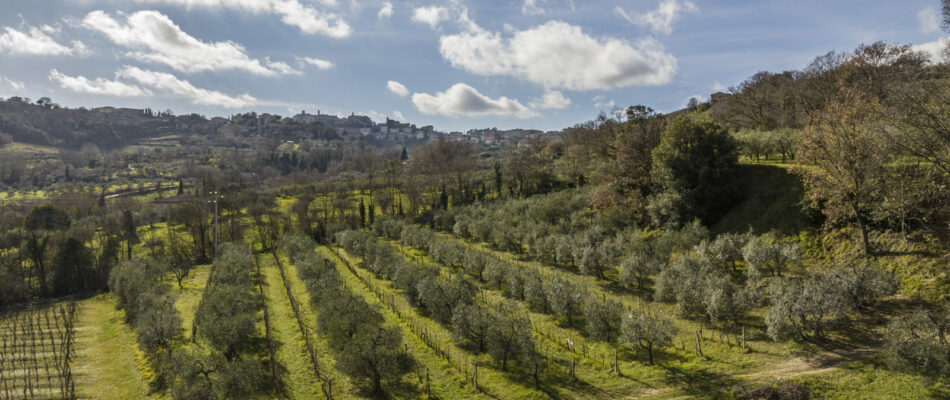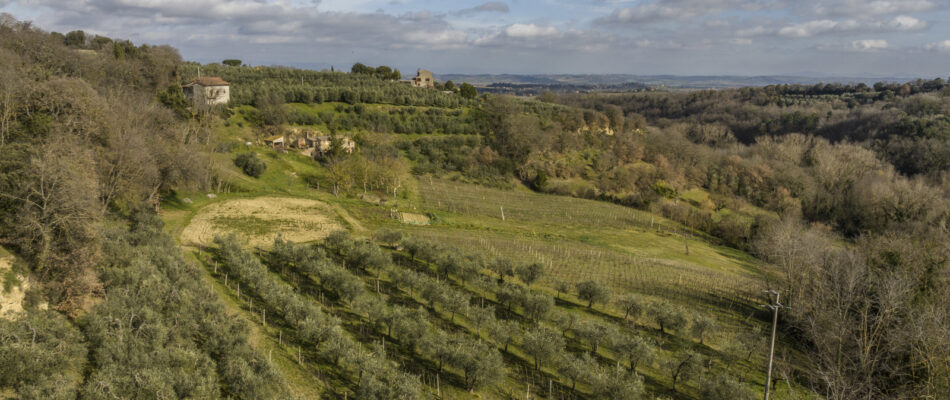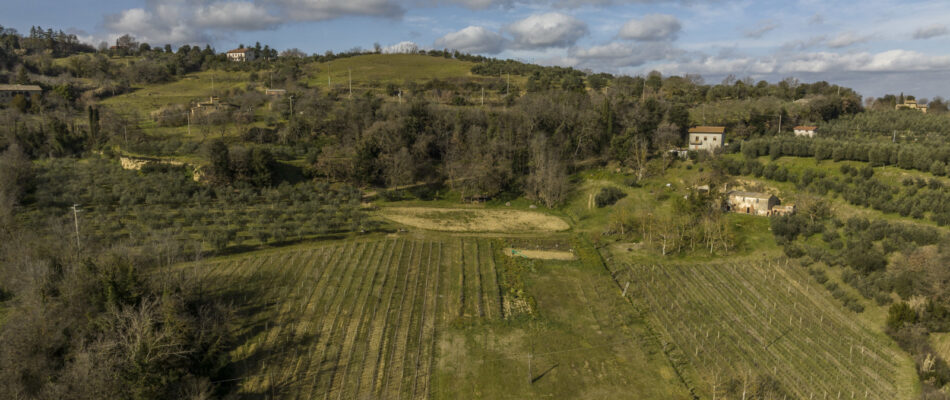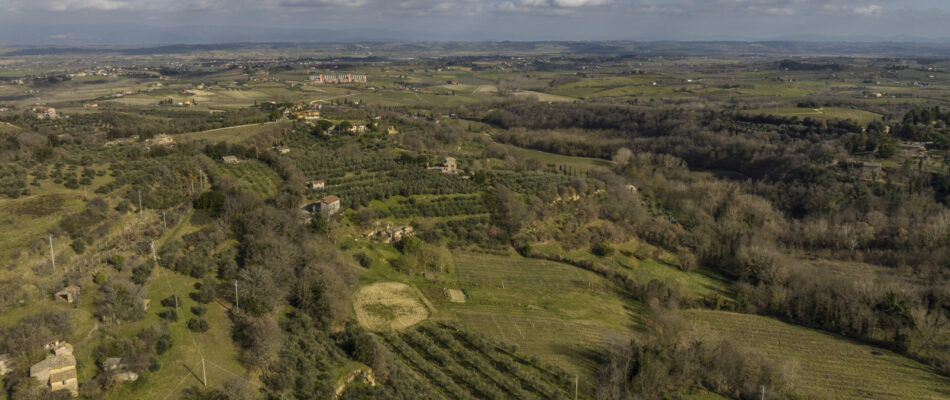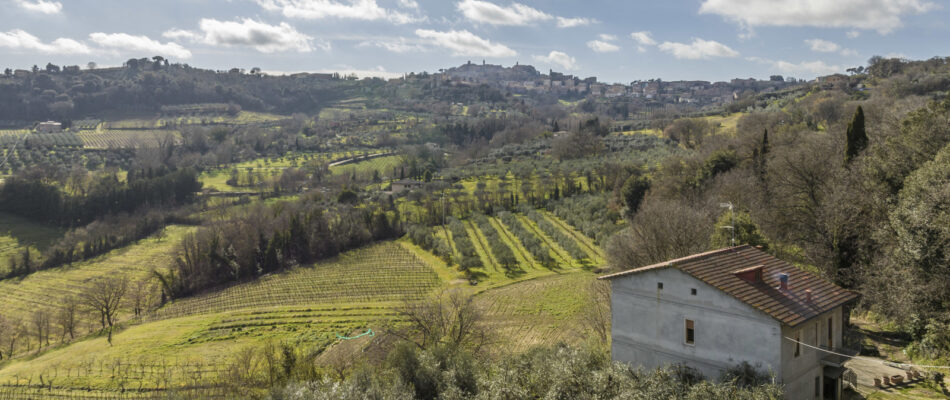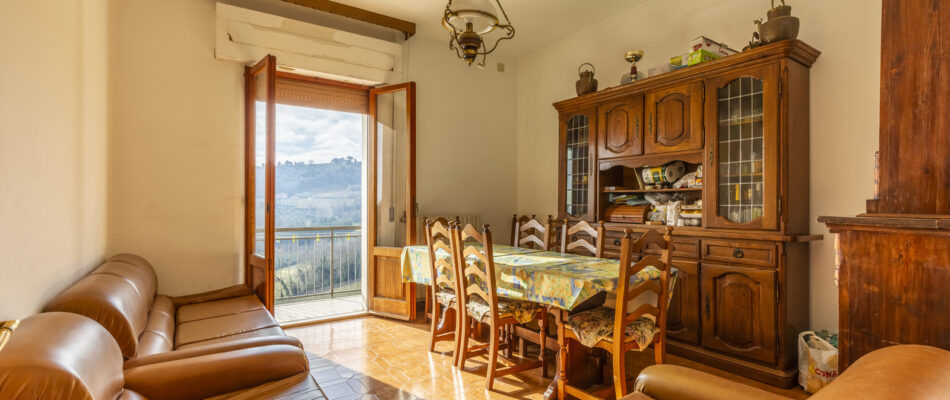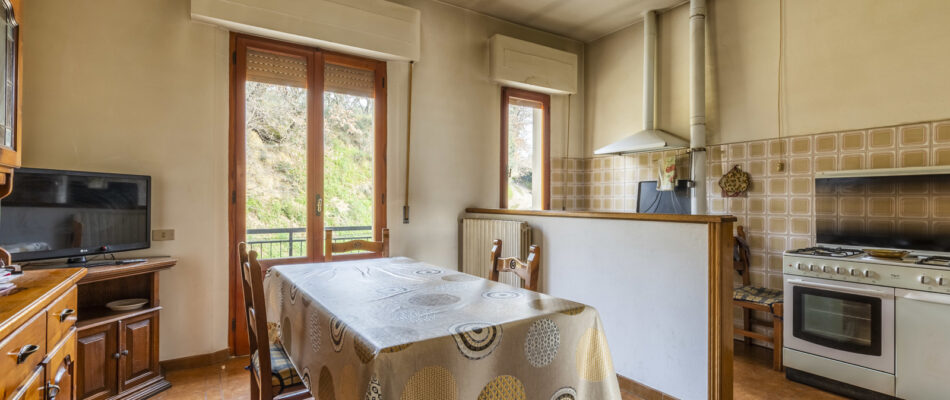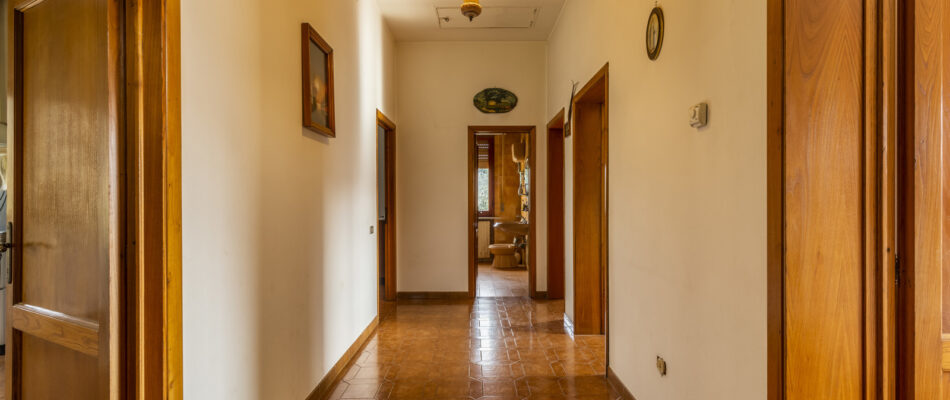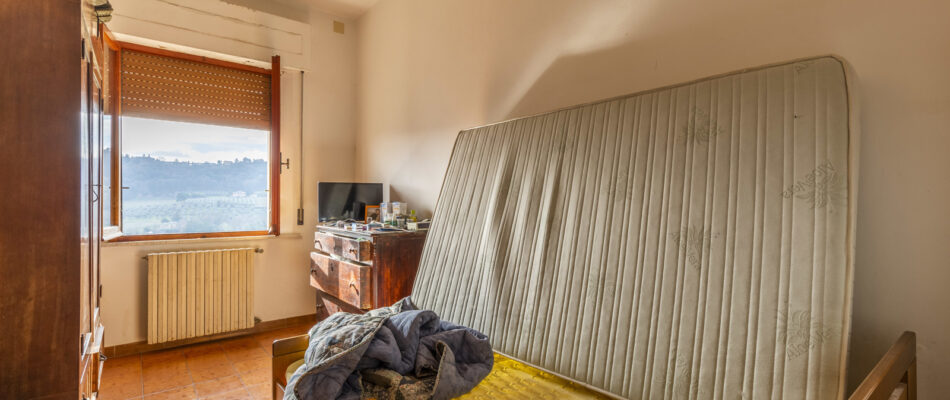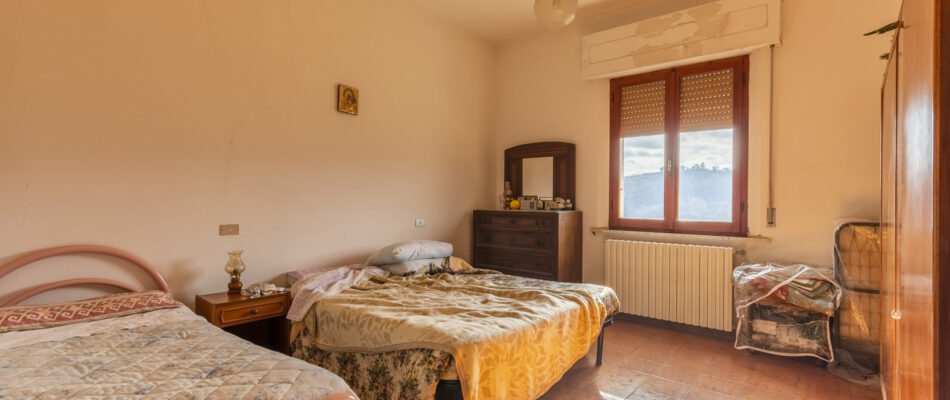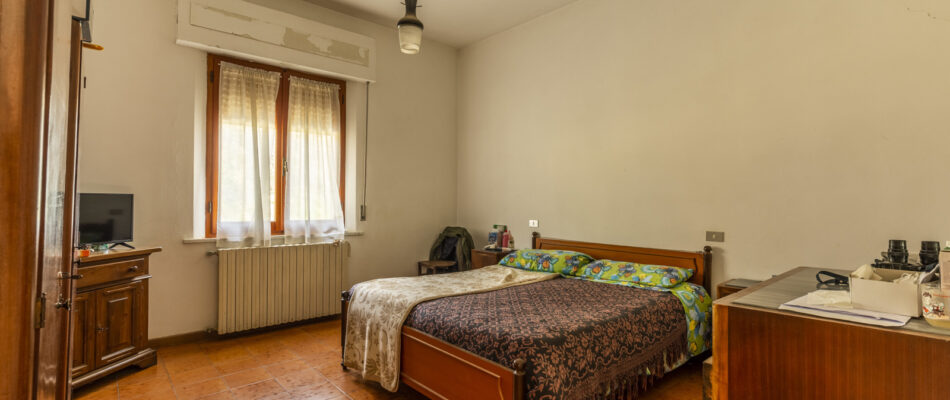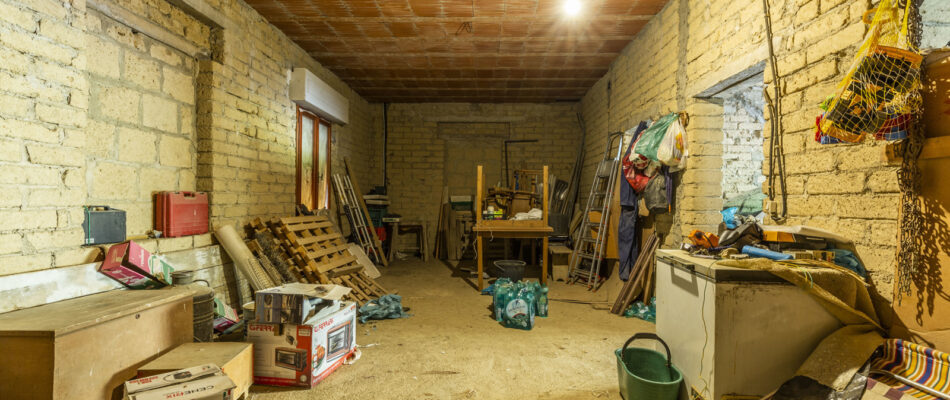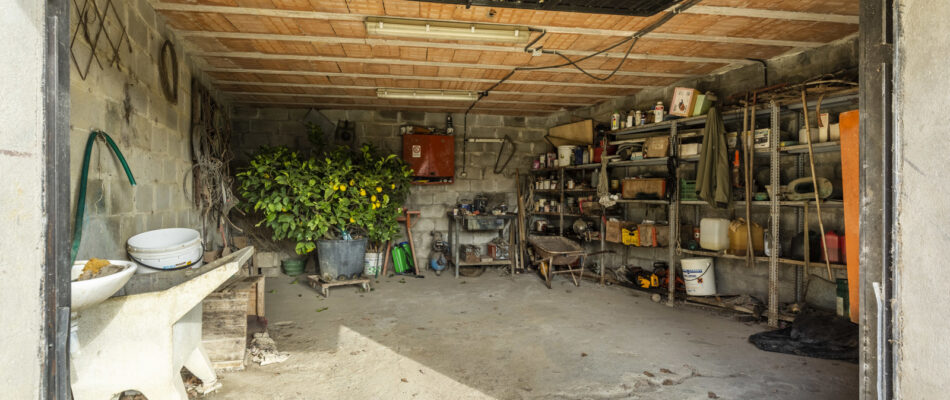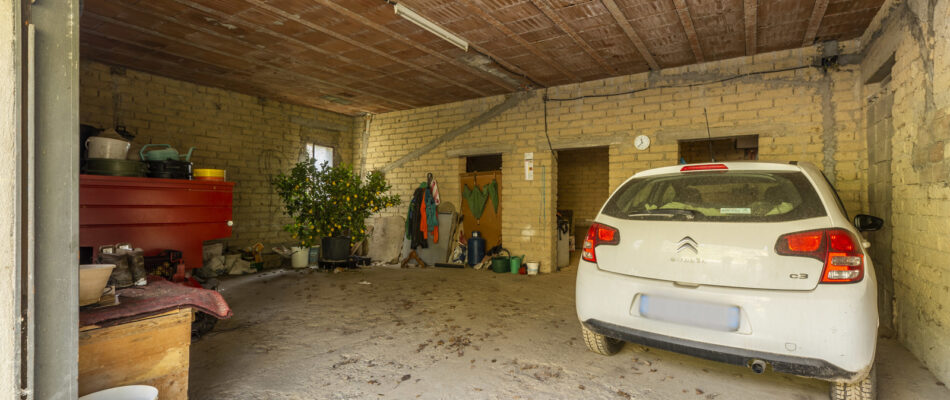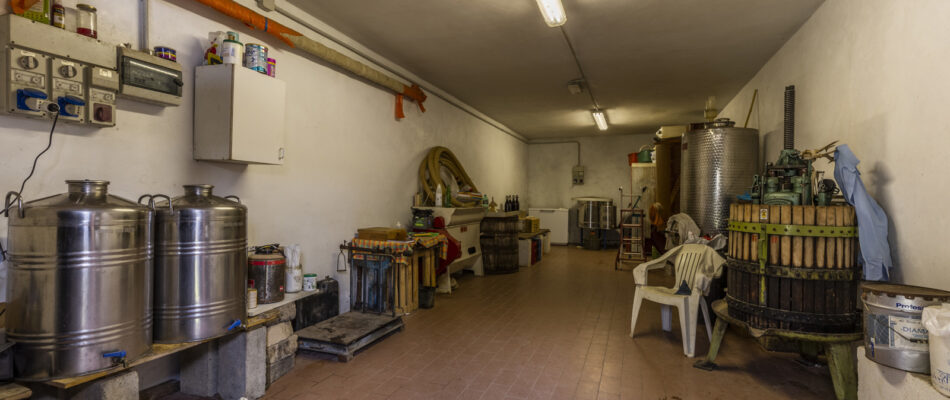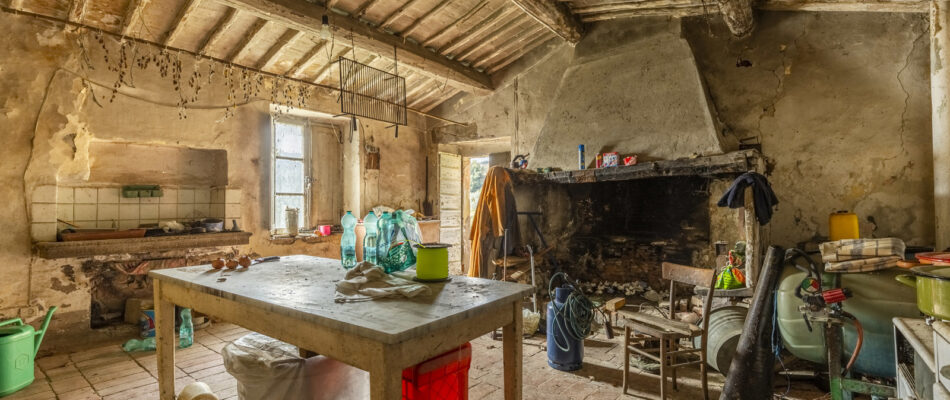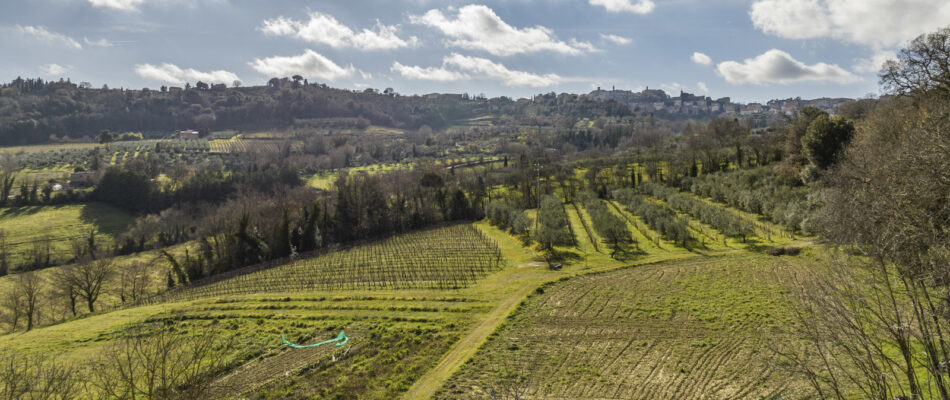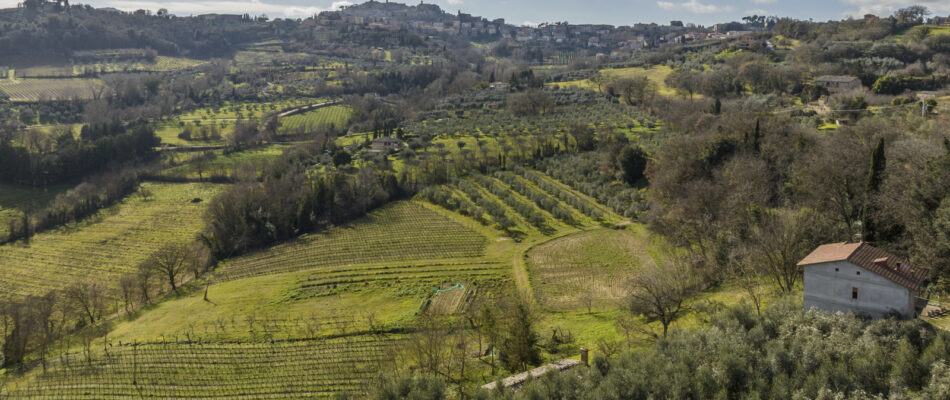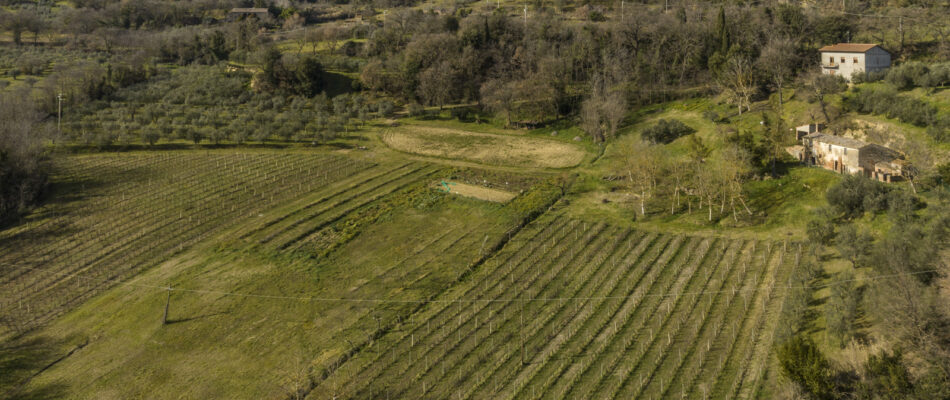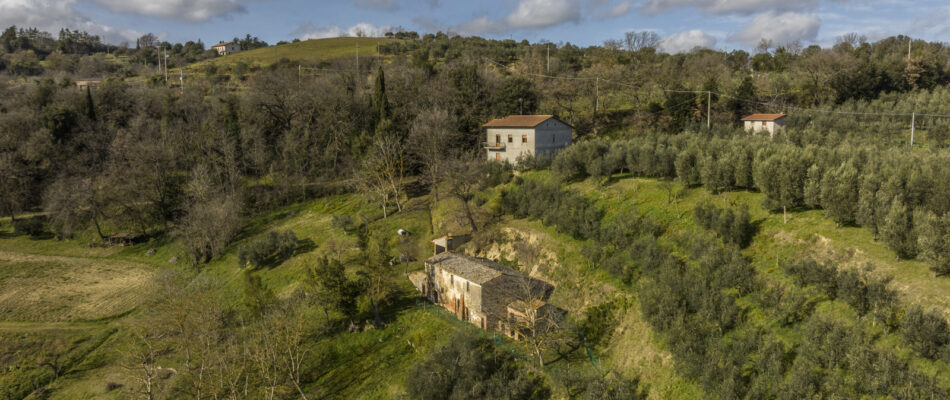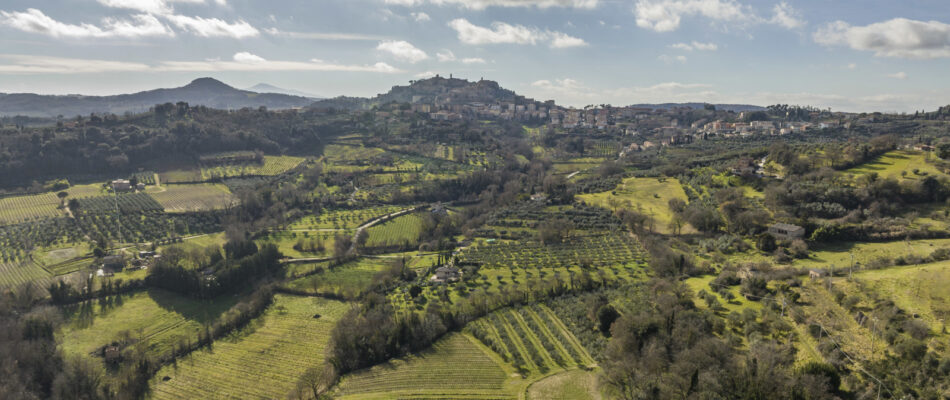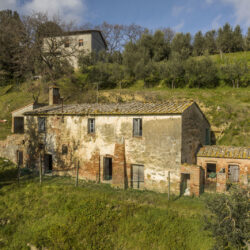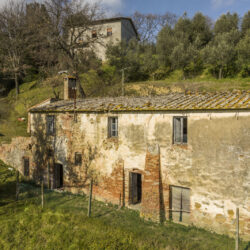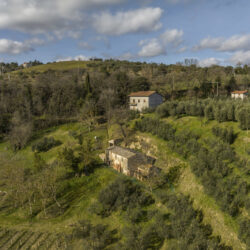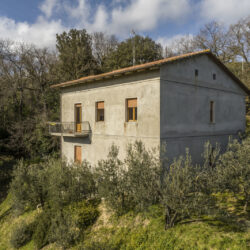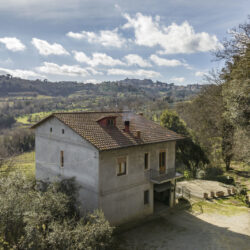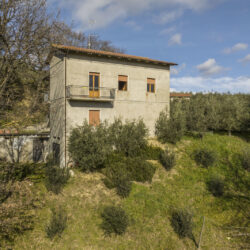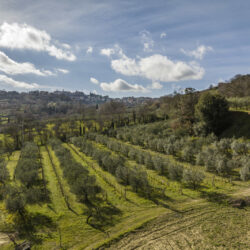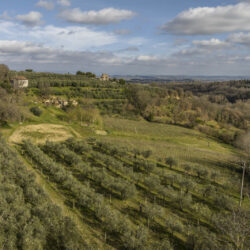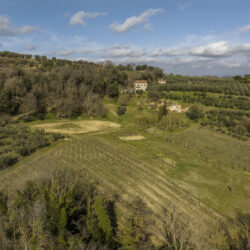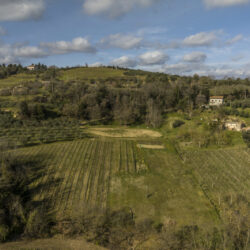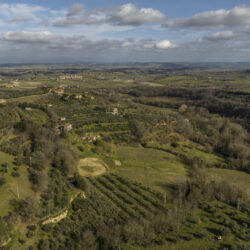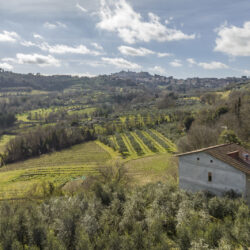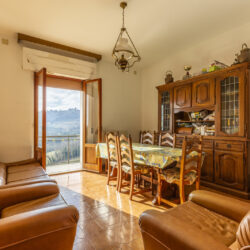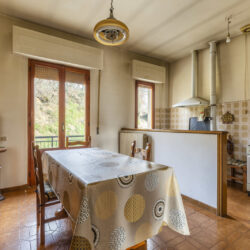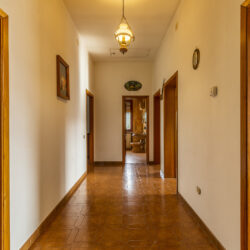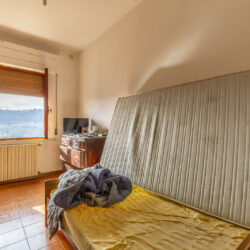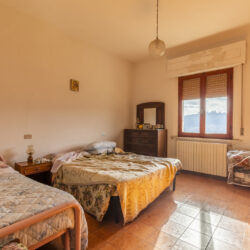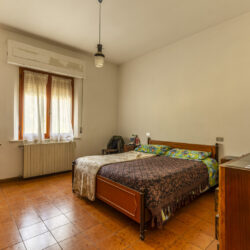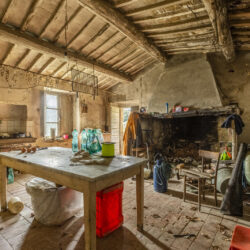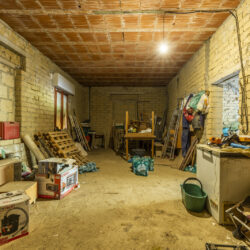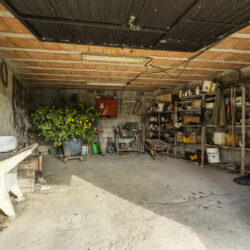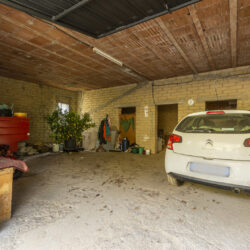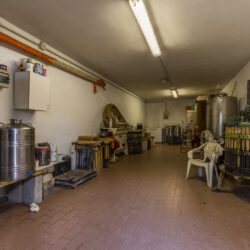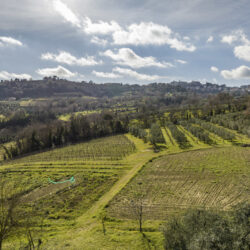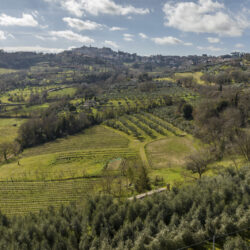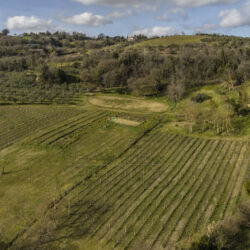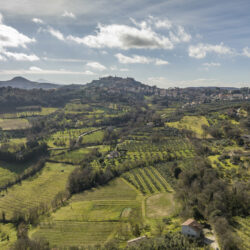ITALY, TUSCANY, SIENA, MONTEPULCIANO
Interesting property in a panoramic position with vineyard near Montepulciano. The property consists of two houses: one dating back to the mid-70s of about 310 square meters and the other an old farmhouse completely to be restored of about 200 square meters.
Agricultural land for about 3.5 Ha consisting of, 1 Ha of vineyard registered as Nobile di Montepulciano, olive grove with about 400 olive trees and arable land with some fruit trees and a small portion of woodland.
Location & Lifestyle
The property is nestled in the beautiful countryside of Montepulciano, with its Etruscan origins in a dominant position in the hills of the Val di Chiana. Recognized worldwide thanks to the richness of its territory with its vineyards from which the famous Vino Nobile di Montepulciano DOCG is made. Particularly renowned also for the annual celebration within the walls of the historic center of Montepulciano, on the last Sunday of August, the traditional Bravio delle Botti, a scenario in which 16 men called “spingitori” (pushers) of the 8 contrade (districts) including; Cagnano, Collazzi, Gracciano, Le Coste, Poggiolo, San Donato, Talosa, Voltaia and the traditional procession of figures in the guise of the ancient noble families. From Montepulciano one can easily reach the characteristic towns of Pienza, Cortona and the unique and evocative Val d’Orcia.
It also enjoys the proximity of the main routes of communication: including the Val di Chiana Highway exit, A1, is only 16 km away, the Chiusi train station is about 25 km away and the Perugia airport is about an hour’s drive away, while the Florence airport is about 120 km away.
Description
The property consists of two house with a total area of about 500 square meters, in an open and panoramic position overlooking Montepulciano.
The unit of recent construction,from the mid-1970s, is a rural dwelling with related accessories and appurtenances, with the living part located on the second floor, reachable by external staircase and consisting of kitchen-dining room, living room, hallway, bathroom and three bedrooms; on the ground floor there is currently the storage area over the whole extension of the house, while in the basement there is the cellar below and an additional underground separate garage but outside the outline of the house; between said garage and the cellar there is the heating system. The condition is fair but needs general modernisation.
The other unit of about 200 square meters is located a little further below the other house; it is an old farmhouse with outbuildings that has the living part with storage room and oven accessible from the outside on the ground floor; it consists of living room, hallway, bathroom and three bedrooms; in the basement the cellar.
Also in the basement with independent access we also find – below the living level – three more rooms intended for storage and utility room and, outside the outline of the building, some small buildings for animals. On the ground floor level in a detached position from the main building we find a shed.
The farmhouse is completely in need of renovation.
Completing the property is land, rich in water, of about 3.5 Ha with 1 Ha of Nobile vineyard, an olive grove with 400 olive trees in production and the remaining arable land with some fruit trees and a small portion of woodland.
Condition and Finishes
The newer dwelling is in a fair state while the old farmhouse is completely in need of renovation. Both, however, are in need of both modernization and renovation work, albeit of different level and importance.
Outdoor spaces
The outdoor spaces are definitely in need of revision though well cared for. The garden certainly lends itself to being a terraced garden with a wonderful view of Montepulciano.
Potential uses
The property lends itself perfectly to either agricultural, residential, or tourist accommodation development or both.
